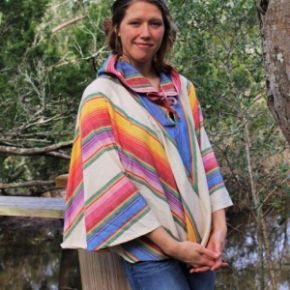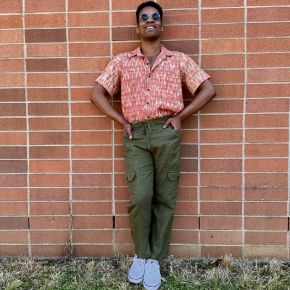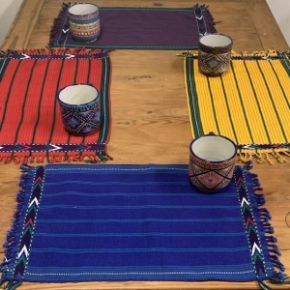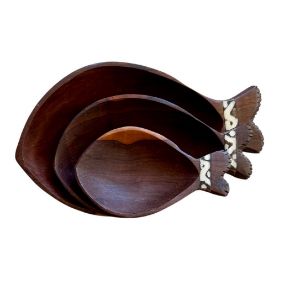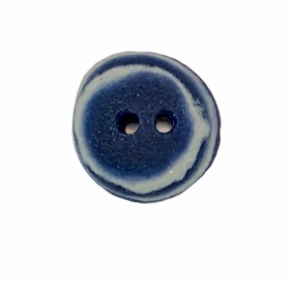Last week, we introduced artisan Diego Ravenal, who started his jewelry business selling his wares at a booth catering to tourists. Tourism is Guatemala’s third largest source of income, with its main attractions being archeological sites of Mayan culture, the colonial city of Antigua, and beautiful Lake Atitlan, where Diego and his family live and work.
 Many of our artisans work in the region of Lake Atitlan, which is a huge volcanic lake in the Guatemalan highlands. Lake Atitlan is fifty square miles in area, and its thirty-one miles of coastline are surrounded by myriad villages, each unique. Famous travelers including writer Aldous Huxley and German explorer Alexander von Humboldt have described it as one of the most beautiful lakes in the world, and anyone who has seen its expanse of pacific blue waters reflecting the looming volcanic mountains that etch out its perimeter would have to agree. A three hour bus ride from Guatemala City, Lake Atitlan is a popular tourist destination with both local and foreign tourists, who come for the scenic beauty and the cultural interest found in its surrounding villages.
Many of our artisans work in the region of Lake Atitlan, which is a huge volcanic lake in the Guatemalan highlands. Lake Atitlan is fifty square miles in area, and its thirty-one miles of coastline are surrounded by myriad villages, each unique. Famous travelers including writer Aldous Huxley and German explorer Alexander von Humboldt have described it as one of the most beautiful lakes in the world, and anyone who has seen its expanse of pacific blue waters reflecting the looming volcanic mountains that etch out its perimeter would have to agree. A three hour bus ride from Guatemala City, Lake Atitlan is a popular tourist destination with both local and foreign tourists, who come for the scenic beauty and the cultural interest found in its surrounding villages.
There are seven main villages surrounding Lake Atitlan, with Panajachel being the most easily accessible and the launching point for most visits. Panajachel, or “Pana” as it is affectionately called, may not be the most beautiful of the villages, but with its amenities and panoramic view of the lake, it’s the perfect base camp for a visit to the region. On Calle Santander, you will find cybercafes, a wide variety of restaurants, travel agencies, and plenty of handicrafts. All of the international visitors make Pana a somewhat cosmopolitan oasis in an otherwise rural area.

Louisa and her mom
Across the lake from Panajachel, you will find Santiago Atitlan, the largest of the lake communities. Santiago Atitlan is predominantly populated by indigenous Maya and there you will find strong ties to the Maya life, including women dressed in the traditional striped skirts and embroidered blouses, or huipils. Traditionally, each village in Guatemala had its own style of embroidery and dress, and you could easily recognize someone by their garb, but the younger generation of women simply wear what they like, regardless of their village. Santiago Atitlan is known for its handicrafts and for the shrine of Maximón, a folk saint venerated by Maya people.


Elena Carmen & Carmalita
The village of Santa Catarina Palopo, two and a half miles south of Pana, is smaller and less visited by tourists. Those who visit enjoy the very pretty Santa Catarina Palopo Church, nestled at the foot of the mountain. Although the market is smaller than those of Panajachel or Santiago Atitlan, it is known for its exquisite handicrafts, especially for weaving. For the truly adventurous, a day hike from Pana to Santa Catarina Palopo and a return in the back of a pickup truck can be a fun day away from the tourist scene.

vendedora
Just as one visit to Lake Atitlan could never be enough to enjoy all it has to offer, we can’t possibly describe it in once post. Next week, look for more on why so many visitors have fallen in love with this unique spot in Guatemala...

village overlooking the lake




